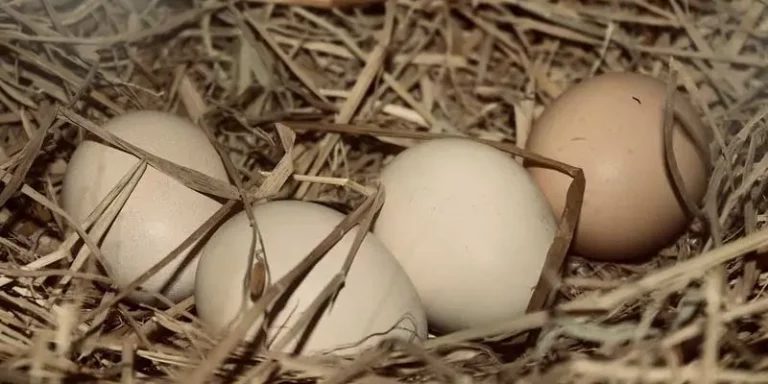Guinea hens are one of the most common types of poultry in the United States. They have been domesticated for more than 3,000 years and have been used as a food source since ancient times. Guinea hen eggs are easy to find in grocery stores and farmer’s markets. However, some people are wary about eating them due to their similarities with chicken eggs.
Can You Eat Guinea Hen Eggs?
Yes, you can eat guinea hen eggs. They are edible and nutritious, but they can have a strong flavor. Guinea hens are birds from the same family as chickens and ducks, so their eggs are similar in appearance and taste. They’re also about the same size as chicken eggs.
You can cook guinea hen eggs in any way that you would cook chicken eggs — fry them, boil them or scramble them. You can even bake them into cakes or cookies.
Guinea Hen Egg Nutrition Facts
A single large egg contains 70 calories, 6 grams of protein, and 5 grams of fat.
It also provides about 70% of your daily recommended intake (DRI) for vitamin A, which supports healthy vision; 25% of your DRI for riboflavin (vitamin B2), which helps convert food into energy; 25% of your DRI for selenium, which prevents oxidative damage; and 15% of your DRI for iron, which transports oxygen throughout the body.
What Do Guinea Hen Eggs Taste Like?
Guinea hen eggs taste just like chicken eggs, only better! They’re richer, creamier, and just slightly more “eggy” in flavor than their chicken counterparts. These eggs are prized by many chefs as a great alternative to quail eggs.
Guinea hen eggs have a lot of nutritional benefits—they’re higher in vitamins and minerals than chicken eggs, and also have twice the Omega-6 fatty acids. And for those with food allergies who can’t have dairy or soy, guinea hen eggs are an awesome option—they contain no dairy products or soy lecithin, two ingredients that are often added to other kinds of commercial eggs.
Guinea Hen Eggs vs Chicken Eggs
Guinea hen eggs are a little bigger than chicken eggs, but they taste almost the same.
Guinea hens lay eggs that are larger than regular chicken eggs, but the taste of guinea hen eggs is very similar to that of other poultry species. The eggshells are light brown or creamy white, depending on whether they’ve been brooded in an incubator or under a hen.
In general, guinea hen eggs have a higher fat content than chicken eggs and will last longer in the refrigerator before going bad. Guinea hens also tend to lay fewer eggs per week than chickens do, so if you’re planning on using your own hens’ eggs for cooking or eating, it’s best to get them from a local farm where chickens aren’t kept in cages all day long.
How Long Do Guinea Hens Sit on Their Eggs?
Guinea hens are excellent mothers. They will sit on their eggs to keep them warm and to keep predators away, and they will even turn the eggs so that they all hatch at the same time.
Guinea hens lay eight to 10 creamy-white eggs in a clutch, which is a group of eggs laid by one mother bird in one sitting. The hen incubates her eggs for about 26 days, or until they hatch. Guinea hens usually lay two clutches per year. They begin incubating the second clutch as soon as they’ve made sure all of the babies from the first batch have hatched and are independent enough to feed themselves.
When Should You Collect Eggs from Your Guinea Hens?
You can collect your guinea hen’s eggs when you see them start to hatch. To do this, put on gloves and gently remove them from the nest box by hand under a bright light so that you can see what’s going on inside the egg.
If there are no cracks or holes in it yet, take care not to squeeze too hard or you may break it!
Where to Find Guinea Hen Eggs?
Guinea hen eggs are a great source of protein and are very tasty. They are also called guinea fowl eggs, but they can be hard to find.
The best way to buy guinea hen eggs is through a local farmer or online. If you live in an area where guineas are common, then you have a better chance of finding them at your local farmers’ market or even in some grocery stores.
If you can’t find them locally, then try searching online for sellers who ship nationwide. You may even find a few specialty food stores that carry them.
If all else fails, you can order them online directly from the farm or co-op that sells them.
Here’s one place that I recommend for guinea fowl eggs: Metzer Farms
In Summary
Yes, you can eat guinea hen eggs. Guinea hens lay eggs with a thin, pale yellow (sometimes white) shell. Some say that the taste of guinea hen eggs is similar to those laid by chickens, but most people agree that they are smaller than ordinary chicken eggs.


